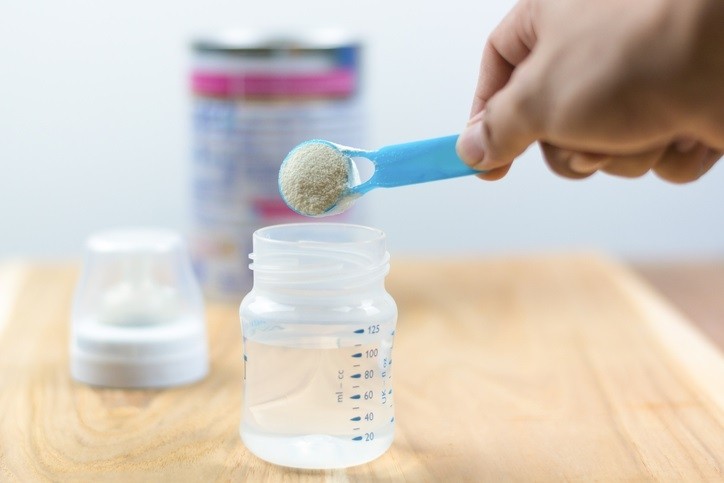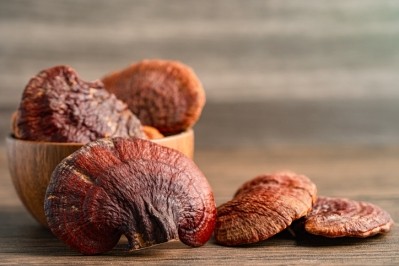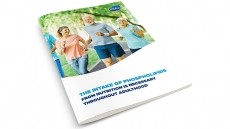“Imported raw ingredients” and similar terms banned in China’s infant formula product labelling from Oct 1

The State Administration of Market Regulation (SAMR) explained the newly updated Registration of Infant Milk Powder Formula Regulation (婴幼儿配方乳粉产品配方注册管理办法) on a press conference held on July 10.
The existing set of regulations which has been put in place since October 2016 will cease to operate when the new rules kick in.
According to the SAMR, the new rules will focus on three aspects, such as introducing stricter requirements on product registration and on-site inspection, standardising product labelling, and promoting research and development across the industry.
“Ever since the Regulation was implemented from October 1, 2016, the percentage of infant formula powder products that has passed our annual sampling inspection has exceeded 99 per cent. Product quality has significantly improved, and the milk powder sector has developed according to the standards set in place.
“The market share of local brands has also increased annually. In year 2020, about 60 per cent of infant formula sales came from domestic brands. Trust from the consumers has notably gone up.
“However, how to further improve the formula registration and approval process, promote research and development of new formulations, and encourage innovation across the sector would need to be clarified via new legislation,” said SAMR director Zhou Shiping who oversees the special foods department.
In the new regulations, the SAMR has decided that terms such as “imported milk source”, “originating from overseas farms”, “imported raw ingredients”, “non-polluted milk source” and other “unclear” messaging will be banned on the product labelling.
Similarly, terms such as “milk sourced from the original ecosystem” (原生态奶源) and “ecological farms” (生态牧场) are also not allowed.
The rules would be applicable to companies manufacturing and selling infant formula powder within China, as well as importers.
Functional health claims such as strengthening the immune system, modulating the gut microbiome, and cognitive health benefits, as well as disease prevention claims are not allowed either.
In addition, so long as an animal milk source is indicated on the product name, the product’s components, namely the raw milk, powdered milk, whey powder and other dairy proteins should come from that animal species.
For components that should not be present in the products by law, companies are not supposed to market the absence of these components by using phrases such as “does not contain” or “no addition of” those components.
Manufacturing wise, on-site sampling inspection must be conducted before the products are allowed to be sold in the market.
At the same time, the regulator aims to shorten the product approval process, such as reducing the product inspection process from 30 to 20 working days.
Individuals who have obtained the registration certification via bribery and scam, or those who have transferred their infant formula powder registration certification would be faced with a penalty of RMB$200,000 (US$28,000), up from the existing penalty of RMB$30,000 (US$4,100).















